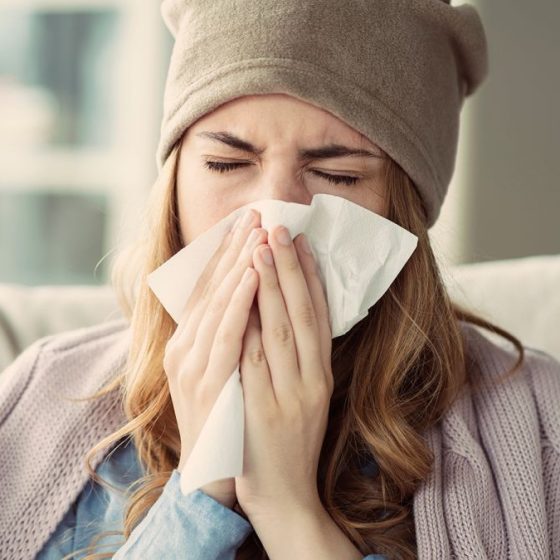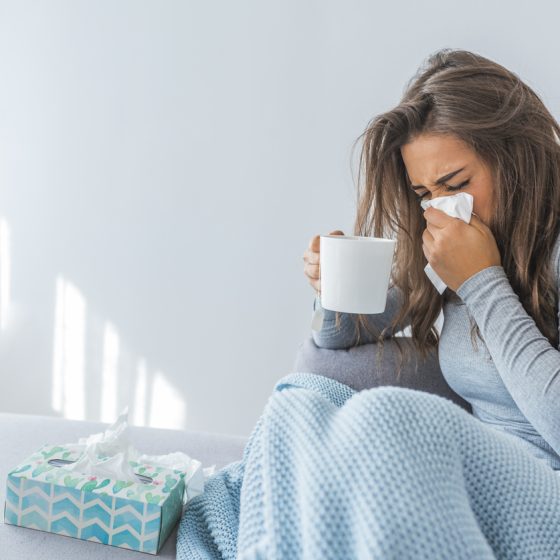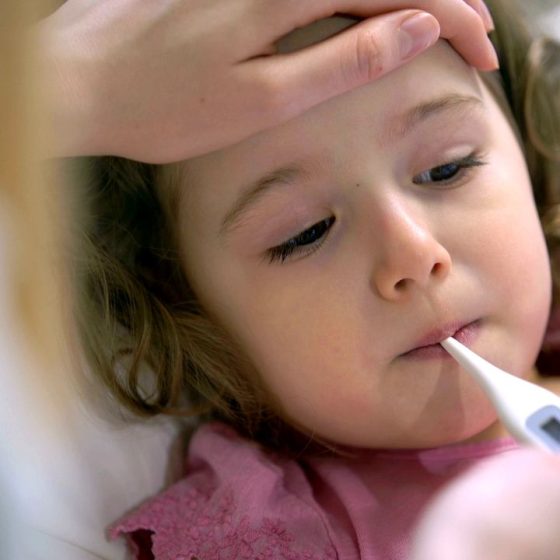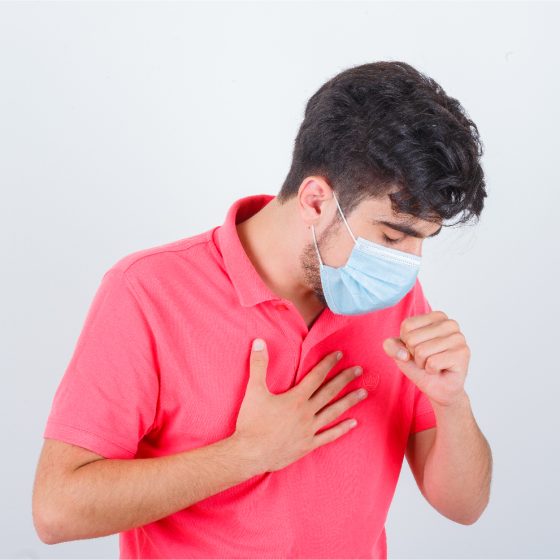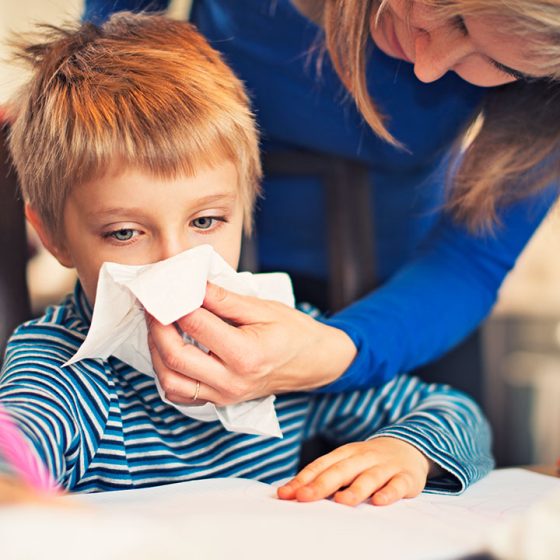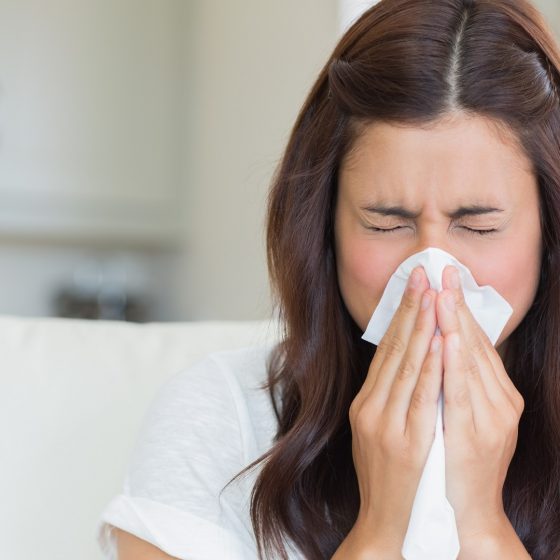Medicines for cold and flu
Key facts Paracetamol and ibuprofen are effective at treating pain and fever in children and adults. Most other medicines used for colds and flu, including ‘cough and cold’ formulations and herbal remedies, have limited evidence that they are effective, but some people find them helpful. Colds and the flu are caused by viruses, so antibiotics will not relieve your symptoms or cure the illness. If you are at a high risk of complications from influenza (‘the flu’) or COVID-19, your doctor may recommend starting an antiviral medicine. Check with your doctor and pharmacist whether a medicine is right for you,



